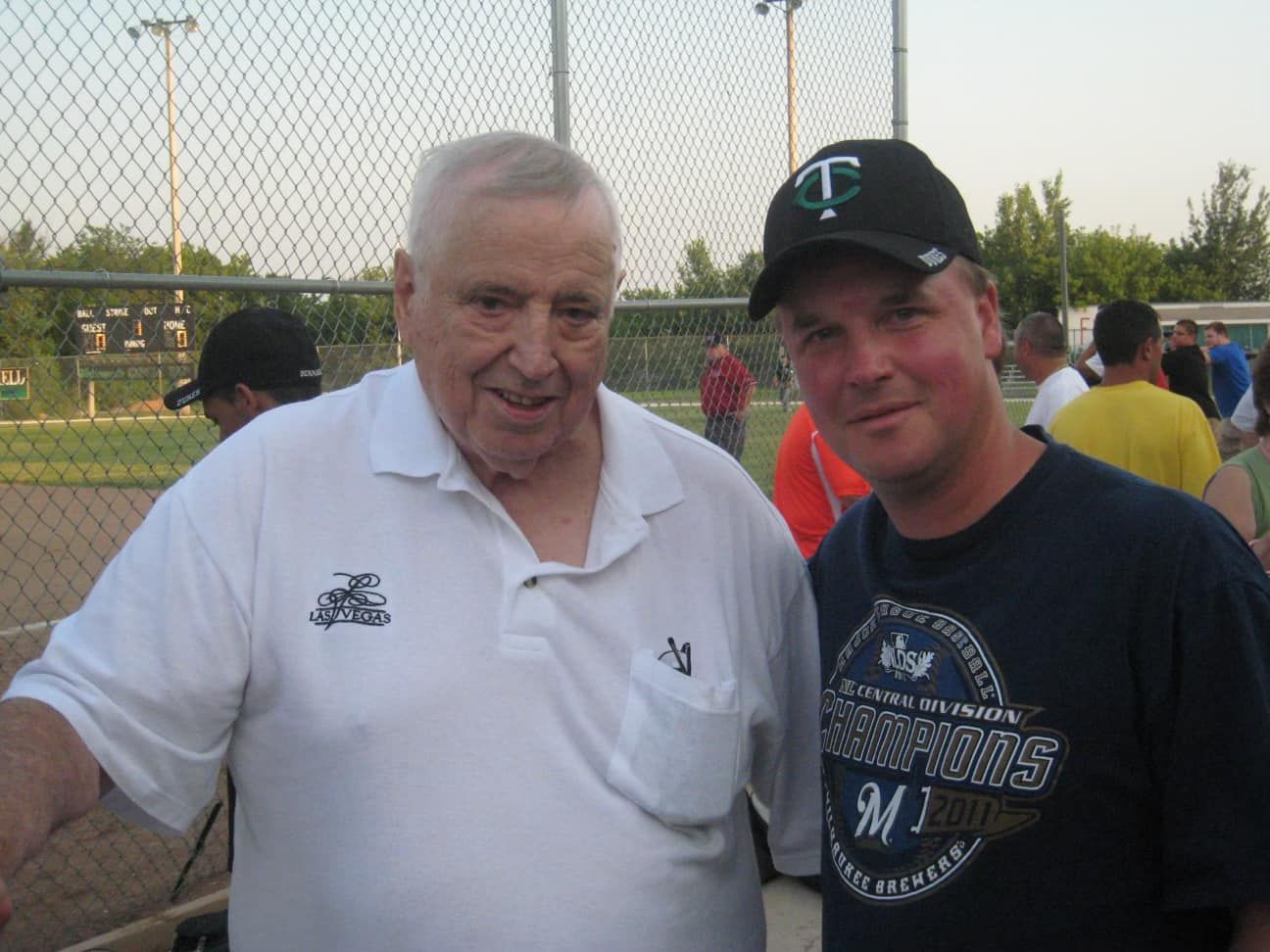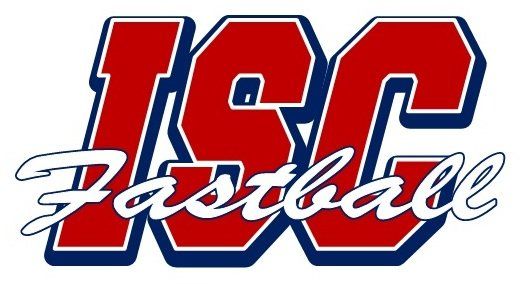Passing of John Miller
John Miller, ISC Hall of Famer, 2012, former Circle Tap owner, The Bar Franchise Founder

Wisconsin loved John Miller. More specifically Wisconsin fastpitch teams, players and fans really loved John Miller. His resources, generosity and passion for the game made indelible marks on state teams for close to a half century, including the Denmark Dukes, Denmark Circle Tap, and the myriad of squads in the stable of “Bar” teams. His support has also been significant for the Circle Tap tournaments for more than 20 years as well as more than 30 years of community involvement for the Knights of Columbus Denmark tournaments.
John passed away on Sunday, January 28 at the age of 86 after a lenthy illness. He was inducted into the ISC Hall of Fame in 2012 as a recipient of the Bob Welby Memorial Award in recognition of his dedication to the game. The ISC extends our condolences to the Miller family and his many, many friends in the game.
John was born in Cleveland, WI in 1938 and moved to Maribel, WI at age 10 where he saw his first game of fastpitch. Maribel played in the Manitowoc County League. Shortly thereafter, in Larrabee, John began playing on a youth team, joining his older brother Jim who was a pitcher. At age 14, after relocating to Green Bay, John organized a team, managed it and secured a sponsor to play in a Minor AA league. His high school years were spent playing ball in various city leagues, both baseball and fastpitch.
After graduation, John joined the Navy, serving aboard the USS Des Moines, where he became a radio operator. Once home, he continued playing ball, met his future wife Clare at the 616 Club (home of many of Green Bay’s top softball teams), married and started a family (Mark, Jess, Bill, Lora & Kate). John coached football and basketball at St. Philip’s Grade School for many years.
He owned and operated a Rahr’s beer distributorship, bought Circle Tap in Denmark in 1967 and constructed the ball diamond that now bears his name, where leagues played during the week and tournaments were held on weekends. He continued to play while sponsoring several teams. In 1970, Don Kane and John started and co-chaired a Knights of Columbus Tournament which is now the famous Boys of Summer Tournament. He bought a bar in Green Bay in 1972, which was the beginning of “The Bar” franchise. He and business partner John Duckett sponsored as many as 20 men’s and women’s fastpitch teams at various levels each season among other sports teams. The Bar team won the 1974 Classic League Championship in Kimberly and with it the right to advance to the ISC World Tournament in Sun City, AZ.
In the late 1980s, a group of young ballplayers from Denmark needed a sponsor and so the Denmark Dukes were born. The team was comprised predominantly of local ballplayers and included John’s son Bill. The Dukes would win many state tournaments and participated in several ISC World Tournaments. To stay competitive, team management decided to bring in outside pitching help. John helped to defray some of those added costs, winning blackjack tournaments in Las Vegas.
Staying involved in fastpitch may have simply been a wise business decision in the early years, but it grew into a gratifying and enjoyable hobby for John and resulting in many lasting friendships being made along the way. John’s resources, generosity and passion for the game will be missed by all who knew him.


